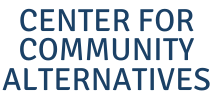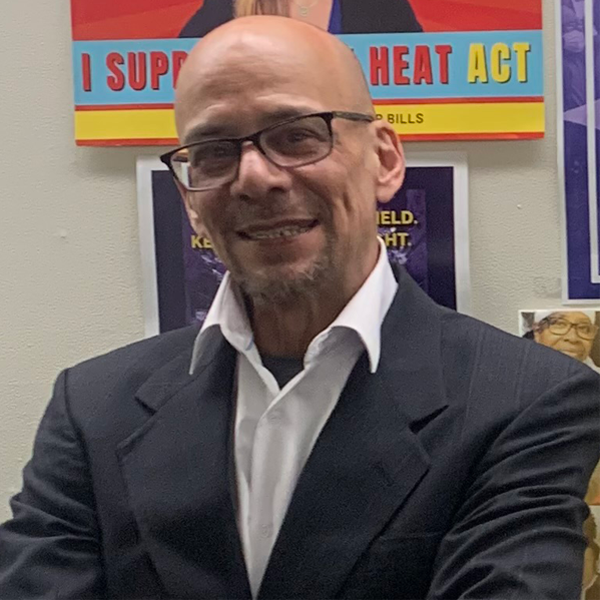Project Description
Richard Rivera is the Assistant to the Executive Director for Special Initiatives for the Center for Community Alternatives where he is currently leading a year-long project with PACE University and the NYS Division of Criminal Justice Services (DCJS) to map-out Alternative To Incarceration/Reentry services and programs in Westchester, New York.
Previously, Richard was the Director of Cornell Academic Reentry Services for Cornell University’s Cornell Prison Education Program (CPEP). In addition, Richard is the Outreach and Reentry Coordinator for Opportunities, Alternatives, and Resources (“OAR”) of Tompkin County. Since his release in 2019, Richard has completed his BS from Bard, engaged in a two-and-a-half-year ethnographic study among the homeless population of Ithaca, New York, co-created The Sunflower Housing and Supportive Services of Tompkins County—the first and only transitional service program in Tompkins County, and appeared on numerous panels—including the United Nations International School—advocating for criminal and social justice reform, drawing attention to everything from pandemics and carceral environments to the precarious existential conditions of migrants and refugees.
Richard has published scholarly articles, including Traumatized to Death: The Cumulative Effects of Serial Parole Denial, which is the basis of two federal cases challenging these justice parole practices in the states of New York and Ohio. As the first Director of Academic Reentry Services for CPEP, Richard created, developed, and administered the reentry program, informed by his carceral and life experiences which he hopes will create spaces conducive and supportive of our returning population based on a person-centered, trauma-informed, restorative justice model. Richard has conducted joint research projects with The REACH Medical Project, Cayuga Medical Center, Weill Cornell, and the Reimagining Public Safety Collaborative of Tompkins County, New York.
Richard lives by the simple guiding principle that there are no disposable human beings and that everyone is worthy of being treated with dignity and respect.

